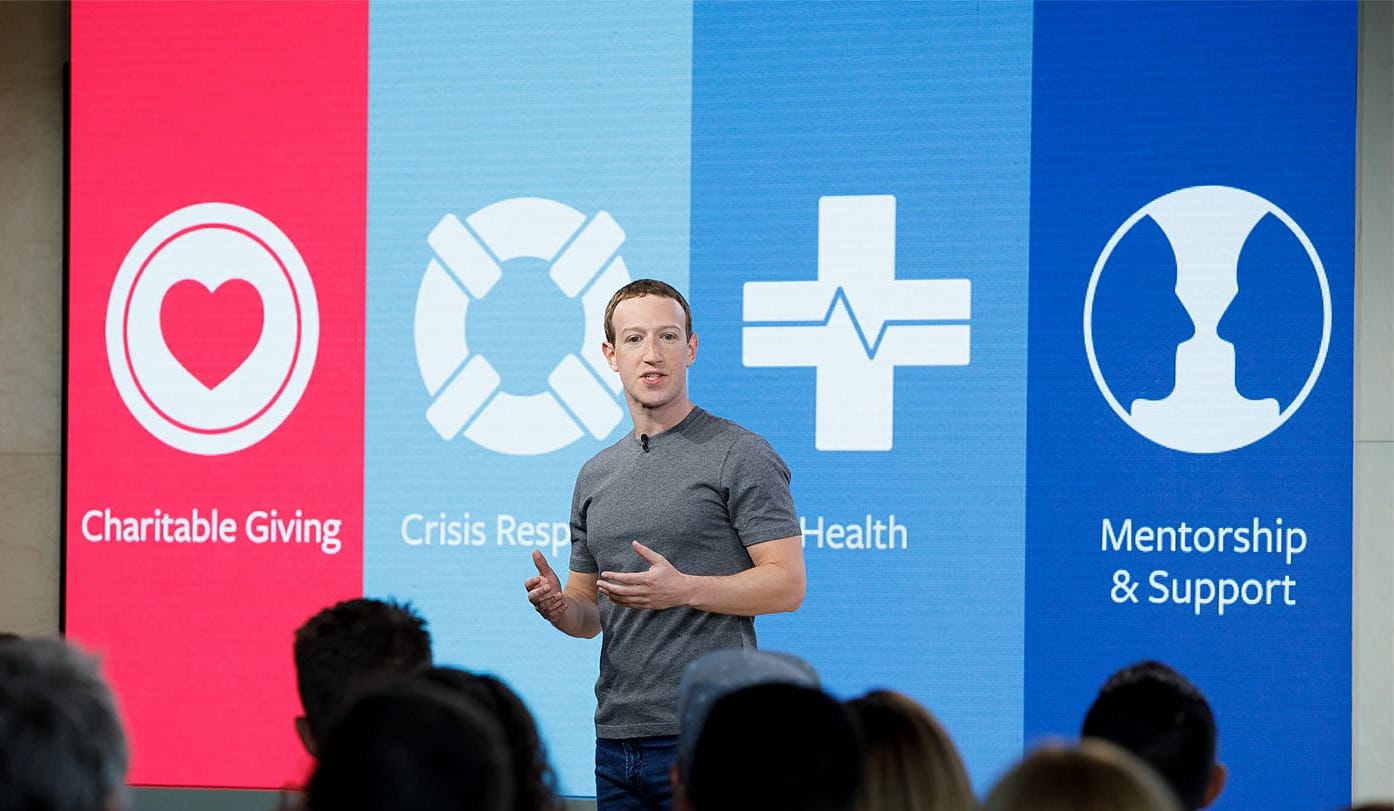Just as it was already grappling with intense criticism over the use of its platform by those seeking to spread Russian propaganda and fake news, a new scandal has hit popular social network Facebook.
Here's what and how it happened.
One of the largest data leaks in Facebook's history
According to The New York Times (NYT), a political data firm Cambridge Analytica, with the help of researcher Alexandr Kogan, acquired and used personal data of more than 50 million Facebook profiles.
The data was used in early 2014 to build a system that could profile individual US voters and subsequently predict and influence choices at the ballot box.
Cambridge Analytica was hired by Trump during the US elections in 2016.
Facebook failed to alert the users, possibly violating laws in Britain and in many American states.
It first knew of this data breach 2 years ago, but it failed to take action, saying that it believed at the time the data had been deleted.
Facebook chief executive Mark Zuckerberg has also been called on by politicians from both the US and the UK (leaked data might have been used by the Leave campaign in the Brexit referendum) to testify about the security breach.
Investigations from both sides have started.
So, how did it happen?
Data collected through app
Hundreds of thousands of users were paid to take a personality test and download an app called thisisyourdigitallife, developed by Kogan. Users agreed to have their data collected for academic purpose.
The app also harvested their friends' data.
So even though the app was only installed by a quarter-million people, it captured data from roughly 50 million people.
The personality quiz results were then paired with their Facebook data, such as likes, to seek out psychological patterns like political persuasions and personality traits.
The approach was based on a technique pioneered by data scientists who claimed it could reveal "more about a person than even their parents or romantic partners knew" -- a claim that The New York Times says is disputed.
Tailored content spread via bots
Although the data was supposedly collected for academic purposes, ex-Cambridge Analytica employee turned whistleblower Christopher Wylie is claiming otherwise.
Wylie is claiming that the psychographic profiles of 50 million Americans churned from the data obtained were used by the Trump campaign in 2016.
Facebook users were targetted with tailored content, such as personalised political advertisements -- the political approach of deciding who to target and craft their messages is known as "micro targetting".
These online ads were spread on social media platforms, mainly through bots, according to Vox. Trump's bots at the time of the election supposedly outnumbered Clinton's five to one.
The ads that were liked, shared and retweeted the most were then reproduced and redistributed based on where they were popular and who they appealed to.
Cambridge Analytica was able to use such real-time information to shape Trump's travel schedule around the places where messages were resonating the most.
Although it is not clear to what extent the firm helped, it is known that Trump's digital operation was extremely effective.
According to Vox, a disproportionate amount of pro-Trump messaging was found to have been spread via automated bots and anti-Hillary propaganda.
Big Think claims that Trump won the election as he was given "the louder message".
What are the implications?
If what Wylie is claiming is real, this means that Facebook's user data could continue to be exploited.
Democratic senator Mark Warner said that this security breach is evident that the "online political advertising market" is essentially the "Wild West":
"Whether it’s allowing Russians to purchase political ads, or extensive micro-targeting based on ill-gotten user data, it’s clear that, left unregulated, this market will continue to be prone to deception and lacking in transparency.”
[related_story]
Ok I get it already, but how does that relate to S'pore?
According to a study by Hootsuite conducted in 2017, 3 in 4 Singaporeans are on social media. We are constantly sharing personal information about ourselves. Information that we do not think twice about, such as the pages and posts we like on Facebook, can be used to profile us, similar to what Cambridge Analytica did in the US.
It is not a stretch to think that foreign state actors can use such information to specifically micro-target Singaporeans on Facebook and shape their opinions and behaviour -- possibly with articles containing disinformation. Academics have already said that there were some indicators that Singapore has been the target of disinformation campaigns.
Potential disinformation campaigns are a key reason why the Government has convened a Select Committee to study and decide what Singapore can do to prevent disinformation from being used to harm Singapore.
Judging from the debate between Law Minister K. Shanmugam and Defence disinformation analyst Ben Nimmo during a Select Committee hearing, with the latter saying that "legislation should be the last resort", it is quite evident that the Government's view is that current legislation is not sufficient to deal with disinformation.
The question we have to ask ourselves is this: How are we going to deal with a "Cambridge Analytica" situation if it were to happen in Singapore?
Top image via Mark Zuckerberg/FB
If you like what you read, follow us on Facebook, Instagram, Twitter and Telegram to get the latest updates.
